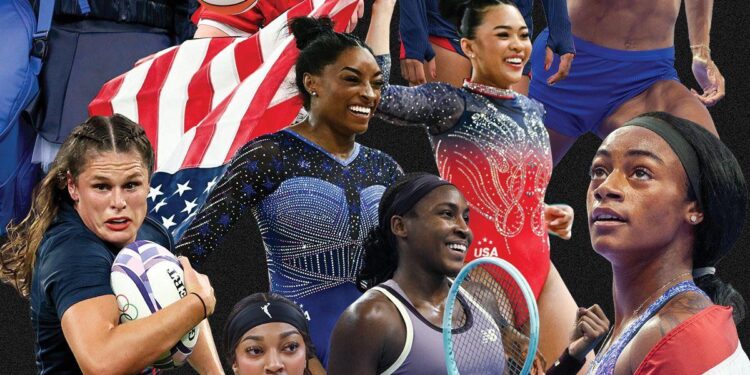Despite growing visibility and support for women in sports, balancing the demands of a professional athletic career and family life remains a formidable challenge for female athletes. In Luxembourg, where gender equality initiatives have made significant strides, many women in sport continue to face societal and structural hurdles that complicate their pursuit of both career excellence and personal fulfillment. This article examines the persistent uphill battle female athletes encounter as they strive to mix family responsibilities with their sporting ambitions, shedding light on the unique obstacles and ongoing efforts to create a more supportive environment.
Challenges of Balancing Motherhood and Athletic Ambitions in Luxembourg
Female athletes in Luxembourg often find themselves navigating a complex web of responsibilities that extend beyond the playing field. The demands of rigorous training schedules clash with the expectations of motherhood, creating a scenario where sacrifices are inevitable. Access to adequate childcare during early morning or late-night practices remains limited, forcing many to make difficult choices between enhancing their athletic careers and caring for their children. Moreover, the societal pressure to prioritize family over personal ambitions continues to subtly influence their decisions, despite growing awareness about gender equality in sports.
Support systems specifically tailored for athlete-mothers are still in their infancy. While some local clubs have begun experimenting with flexible training programs, consistency is lacking. Key obstacles include:
- Inflexible competition calendars that disregard family commitments.
- Limited maternity policies within sports organizations.
- Financial instability due to interrupted sponsorships during motherhood.
| Challenge | Impact | Current Initiatives |
|---|---|---|
| Childcare Accessibility | Reduced training frequency | Few pilot daycare programs |
| Maternity Leave Policies | Career uncertainty | Ad-hoc club-level arrangements |
| Financial Support | Loss of sponsorships | Limited athlete grant schemes |
Institutional Barriers and Limited Support Systems for Female Athletes
Policy Recommendations to Foster Work-Life Integration in Competitive Sports
To create an environment where female athletes can thrive both professionally and personally, comprehensive policies must address the unique challenges they face. Prioritizing flexible training schedules and providing accessible childcare options at sporting venues are essential steps. Equally important is instituting paid parental leave specifically tailored for athletes, ensuring they do not have to choose between career progression and family life. Federations should also promote mentorship programs connecting seasoned athletes who successfully balance family and sport with emerging talents, fostering a supportive community built on practical guidance and shared experiences.
Stakeholders could benefit from adopting multi-faceted strategies, such as:
- Implementing gender-sensitive coaching education to raise awareness about work-life challenges
- Guaranteeing financial support during maternity or caregiving periods
- Establishing transparent reporting measures to track progress on integration initiatives
| Policy Focus | Key Benefit |
|---|---|
| Flexible Training Timetables | Improves time management and reduces stress |
| Childcare Facilities Onsite | Facilitates immediate access to family support |
| Paid Parental Leave | Secures financial stability during family leave |
| Mentorship Programs | Promotes knowledge sharing and emotional support |
Insights and Conclusions
As female athletes continue to navigate the complex interplay between family responsibilities and demanding sports careers, the path toward true equality remains challenging. Despite growing awareness and progress, systemic barriers persist, underscoring the need for more comprehensive support structures and policy reforms. The experiences of women athletes in Luxembourg reflect a broader global issue, reminding stakeholders that achieving balance is not just a personal struggle but a collective imperative for the future of sports.
















